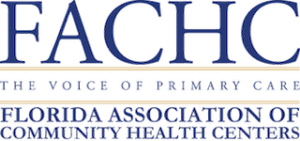
Almost four dozen Community Health Centers across Florida received a boost today when the federal government announced that they will receive over $6 million in quality improvement awards. [Read more…] about Florida’s Community Health Centers Receive $6 Million for Quality Improvements
